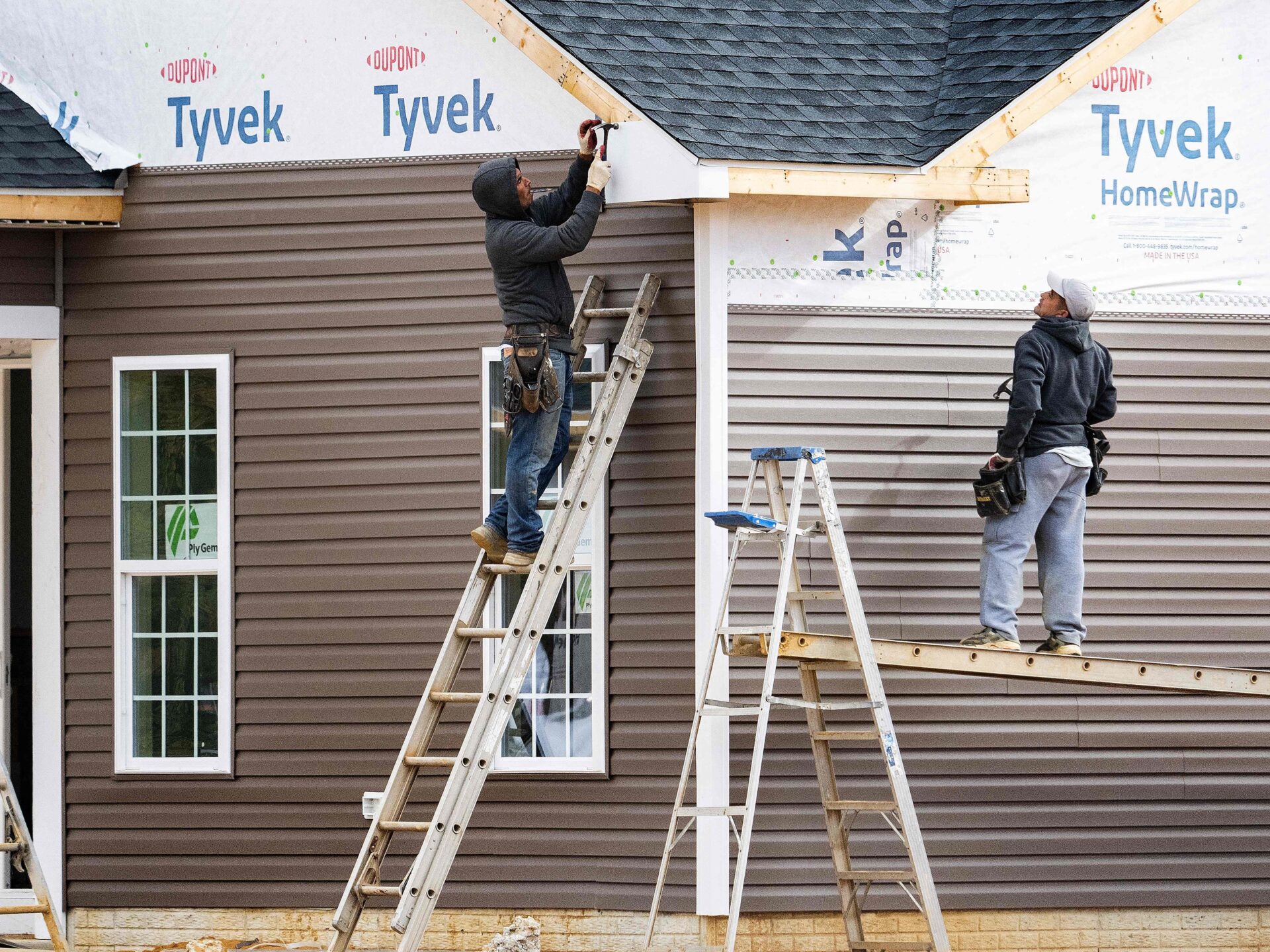The pandemic has been difficult for everyone, but over the past year, the Mountaineer Rental Assistance Program has made millions of dollars available to West Virginians to help with rent and utilities. But there are still millions of dollars going unspent.
The pandemic has been difficult for everyone, but over the past year, the Mountaineer Rental Assistance Program has made millions of dollars available to West Virginians to help with rent and utilities. But there are still millions of dollars going unspent.
Jessica Greathouse is the special programs manager for The Mountaineer Rental Assistance Program. The program helps renters in West Virginia who have had a financial hardship during the pandemic by paying up to 18 months of their past rent and utilities.
“West Virginia had to build its program from scratch,” Greathouse said. “So from writing the policies and procedures to hiring staff, we’ve been up and running now for almost a year.”
Congress appropriated more than $21 billion for programs like this in every state.
After a year of being operational, The Mountaineer Rental assistance program is finding its legs.
“March was by far our best month since the program’s inception,” Greathouse said. “We’re close to about $81 million total in the year the program has existed, and we are continuing to pay out applications.”
So it came as a shock to many earlier this year when the U.S. Treasury Department started clawing back rental assistance money from states like West Virginia. West Virginia started with $200 million, but the feds took back more than $40 million to give to other states that could use it.
The West Virginia Housing Development Fund, which oversees the Mountaineer Rental Assistance Program, said there were reasons why West Virginia couldn’t spend all the money. For one, the funds were administered on the basis of population, not retentership. According to U.S. Census data, West Virginia has the highest rate of home ownership in the country.
West Virginia was far from alone in its fate.Treasury documents show that the department took back over $450 million from states and local governments across the country.
But from running the program herself, Greathouse said the need is still there.
“It is clear through the application pipeline and the calls that come in that there is a huge rentership need in West Virginia,” she said.
High Need, Low Awareness
Housing and elected officials want this money in the hands of West Virginia renters, but renters have to prove they’re in need. Housing advocates say the application process has been clunky at times.
“I did notice that some of my clients had problems in the portal,” said Cassidy Thompson, the emergency rental assistance program director for the West Virginia Coalition to End Homelessness.
Thompson works with those most in need of this assistance, focusing on people facing eviction or homelessness.
“It is a little confusing if you don’t know what you’re doing and if you’re not super tech savvy,” she said. “But I also understand that this is the circumstances of public health.”
Technology can often end up being a barrier instead of the tool it intends to be when applicants lack internet access or even web-enabled devices.
But Greathouse said the system has listened and adapted to speed up approval time. The number of workers available to answer questions and facilitate applications has increased, as have efforts through community partners like Thompson’s at the Coalition to End Homelessness.
“We’re getting much faster at processing applications,” she said. “We have more than 150 people working at any given time on the processing and approval of applications.”
One of the biggest remaining issues the program has run into is awareness. Not just awareness that the program is happening, but also of eligibility, said Thompson.
“A lot of people are assuming that they just might not meet the qualifications so that they won’t be eligible, but the income limit is really high. You would be surprised,” she said.
Income eligibility is on a county by county basis, but is higher than many might realize. In Monongalia County, for example, a single person would qualify for assistance with an annual income below $41,000. With more people in the household, that amount goes up.
People can still apply, even if they have already been approved once. The federal deadline for states to spend the money is in September.
“The Mountaineer Rental Assistance Program has still had plenty of money to spend. We want people to continue making applications,” Greathouse said.
Eventually the funds will run out, but Greathouse said the Housing Development Fund is already working to create a more permanent system of eviction diversion and emergency assistance to help West Virginians for years to come.
